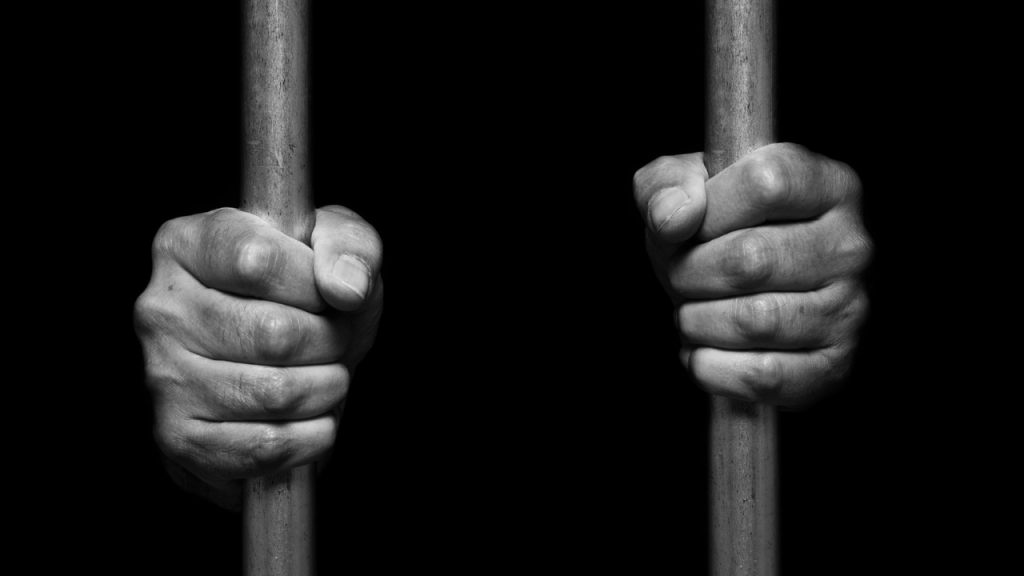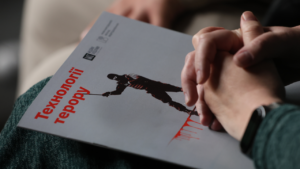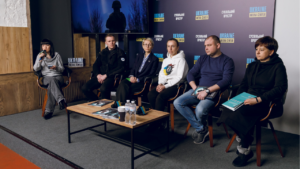Russian persecution and detention of civilians in the occupied territories of Ukraine

Since February 24, 2022, and to this day, the Russian military, representatives of the Federal Security Service of Russia, and other Russian Federation (hereinafter — RF) controlled formations in the occupied territories of Ukraine have illegally detained and continue to detain civilians without cause. The detained civilians were taken hostage and are being held in prisons, pre-trial detention centers (SIZOs), and other places of detention in the temporarily occupied territories of Ukraine. Some of them were transferred to the territory of the Russian Federation. These individuals are subjected to torture and held in inadequate conditions. They are not allowed to communicate with their families. Among them are people with severe chronic illnesses, as well as those in poor mental and physical condition due to the physical and moral damage caused to them.
Figures
As of February 6, 2024, the MIHR has identified 1505 persons and is aware of 51 places of detention of Ukrainian civilian hostages in the occupied territories of Ukraine and 39 places in the Russian Federation. Since Russia does not provide information about the detainees or allow access to them either to lawyers or monitoring missions, this figure is not final. MIHR experts suggest that the number of detainees may be four to five times higher.
Violation of the international law
Civilians are being held in detention facilities without cause, which is a gross violation of international humanitarian and human rights law. Numerous pieces of evidence confirm these violations, reports from Ukrainian and international organizations, as well as testimonies of persons who returned to Ukraine during prisoners of war (hereinafter — POWs) exchanges, which also do not comply with the IHL.
These violations give us reasonable grounds to qualify the large-scale detention of Ukrainian civilians and their centralized transfer to the territory of the Russian Federation, with their subsequent detention in the infrastructure of the criminal justice system, as a crime against humanity committed by the top leadership of the Russian Federation.
The problem
Civilians are a separate category of protected persons. They are not combatants or members of the Armed Forces and, therefore, cannot be considered POWs. These people cannot have any other status. They must be returned to Ukraine unconditionally, not as part of POWs exchanges.
Since the arbitrary detention of civilians during an armed conflict is already a violation of IHL, international law does not provide for an eective and ecient mechanism for the return of this category of protected persons to Ukraine and the territories under its control.
Russia is denying any access to these civilians, including to the ICRC. International support is needed to address this issue, as organizations with a relevant mandate are not granted access.
At the national levels
Currently, several authorities in Ukraine are involved in addressing specific issues related to civilian hostages, including the Oce of the Ukrainian Parliament Commissioner for Human Rights and the Ministry of Reintegration of the Temporarily Occupied Territories.
Part of the issue of releasing civilian hostages is the responsibility of the Coordination Headquarters for the Treatment of Prisoners of the War of the Defence Intelligence of Ukraine, the Oce of the President of Ukraine, and the Ministry of Foreign Aairs of Ukraine for information coverage of the problem.
However, their eorts are not enough.
What can be dove at the international level
Create an international working group. The best way is through the UN mechanisms. Such an international working group could perform the following functions: Initiate international monitoring missions to inspect places of detention of civilian hostages in Russia. The UN Human Rights Mission or the OSCE Oce for Democratic Institutions and Human Rights (ODIHR) have the appropriate mandate to conduct such missions;
Attend court hearings, if such hearings are held against civilian hostages, and identify the hostage, as well as record his or her health condition. Civilian hostages must be released unconditionaly. Trials of these people are not a part of the justice system in Russia. However, attending court hearings is still almost the only way to gain access to a person illegally deprived of liberty.
Initiate negotiations on the release of civilian hostages, engage professional negotiators, or seek non-standard approaches to influence and pressure the Russian authorities (for example, involve public figures, world stars of culture, cinema, sports, engage groups of influence from various businesses, expert communities, etc.) Raise awareness of the international community on the issue of civilian hostages held by Russia in the temporarily occupied territories of Ukraine and the Russian Federation.
Other international instruments
We ask the European Parliament to adopt a resolution on the problem of persecution of civilians by the Russian occupation authorities and to call on the UN Human Rights Council to separately explore the possibilities of UN mechanisms to address the issue of releasing civilians held by Russia. Also, to call on the International Committee of the Red Cross to more actively demand that the Russian authorities provide access to places of detention of civilian detainees.
We also call on the OSCE to launch the Moscow Mechanism on the persecution and capture of civilians by Russia in the occupied territories of Ukraine.






